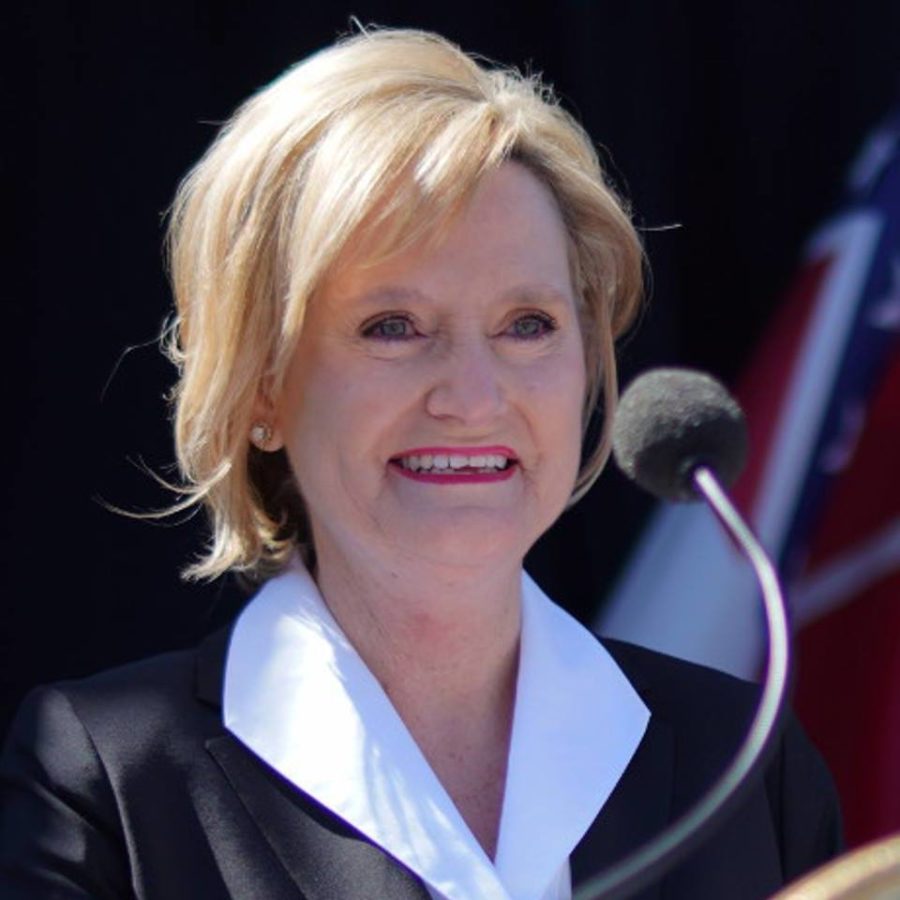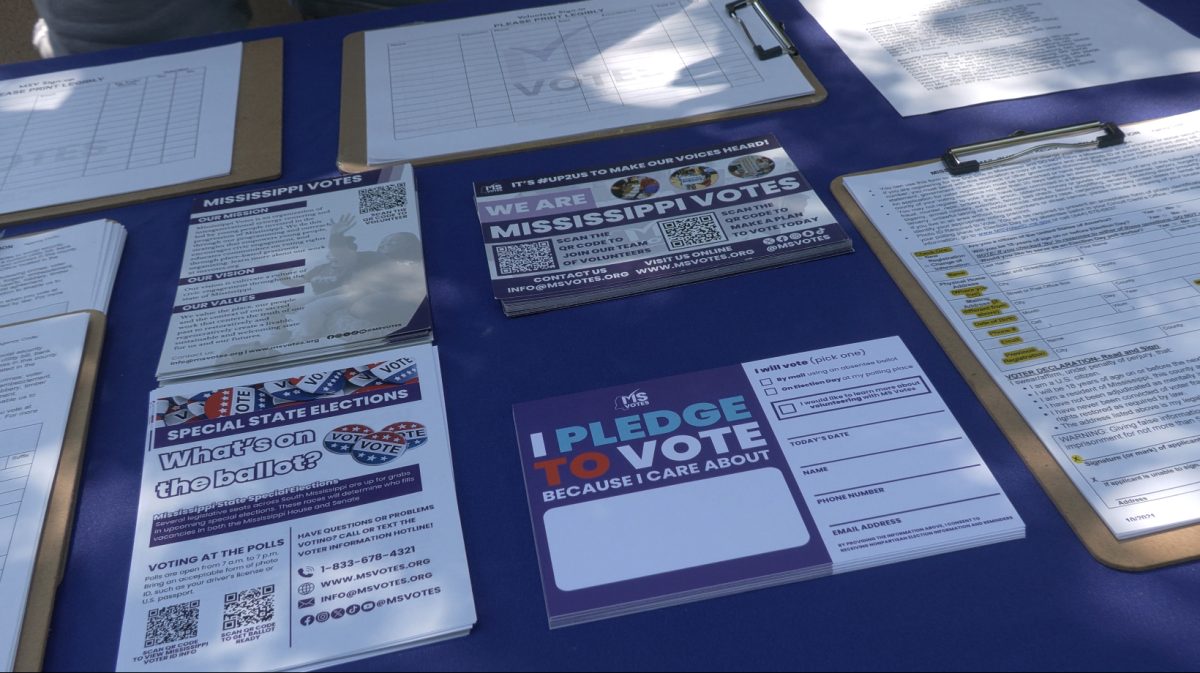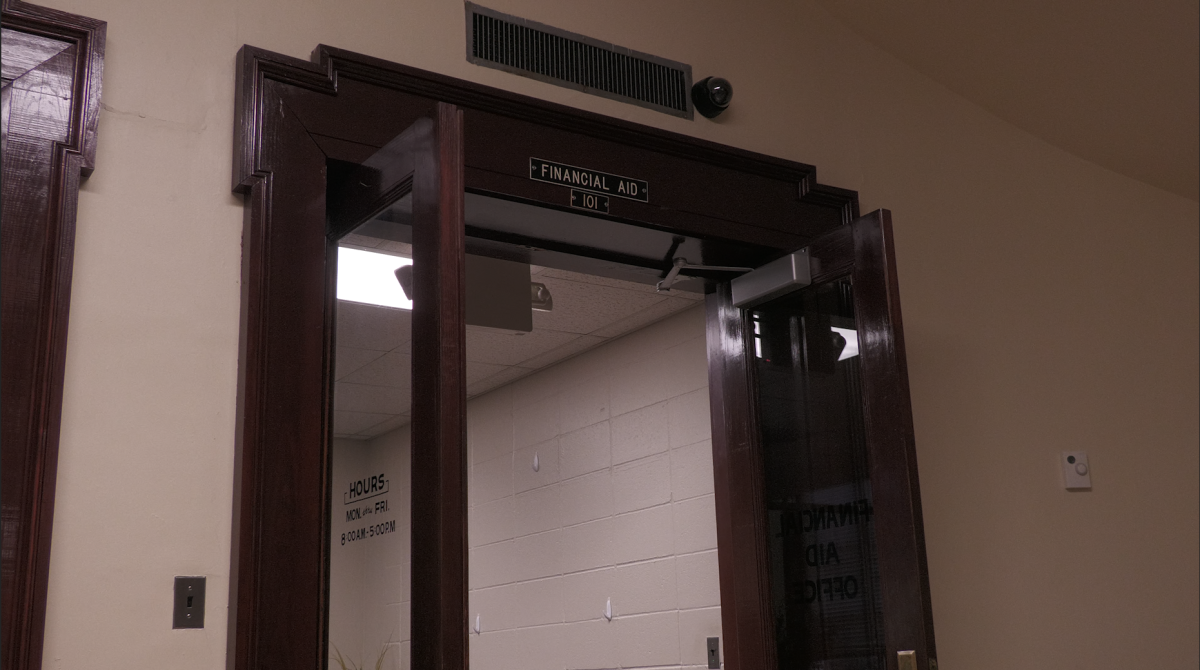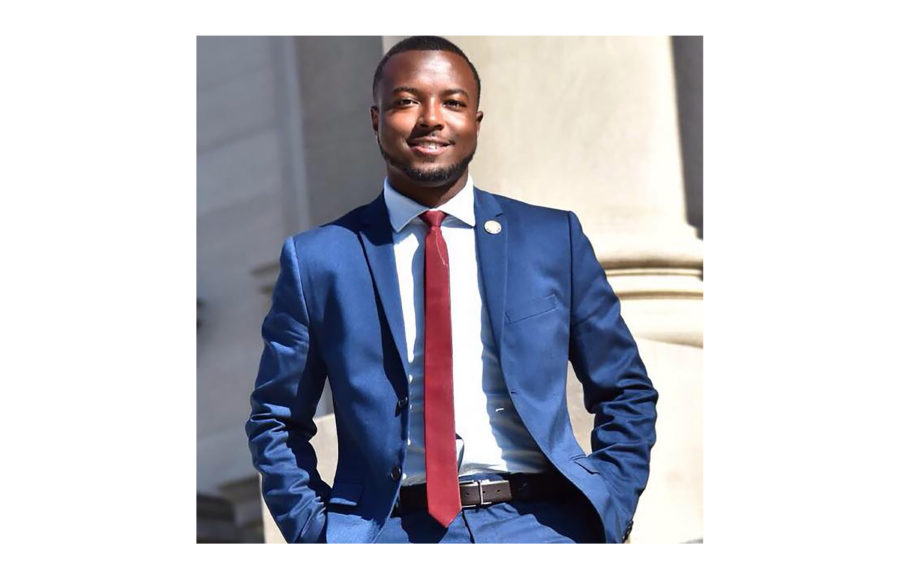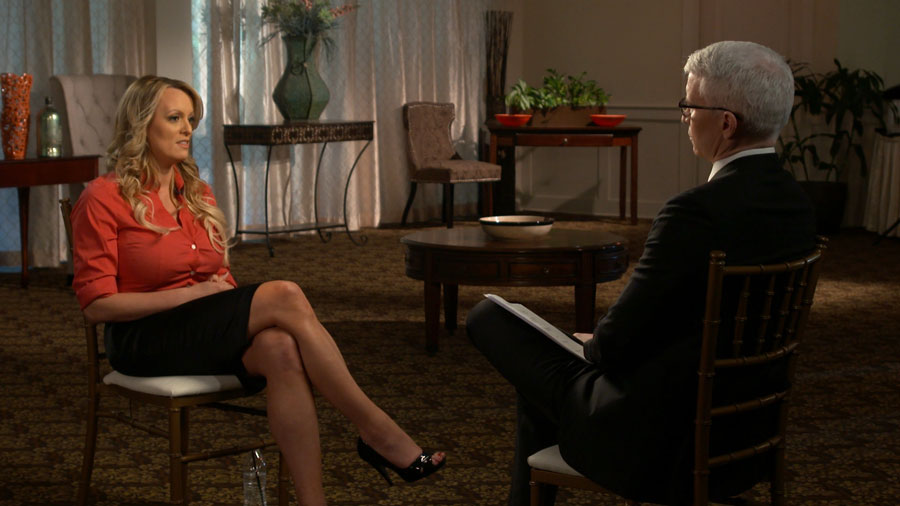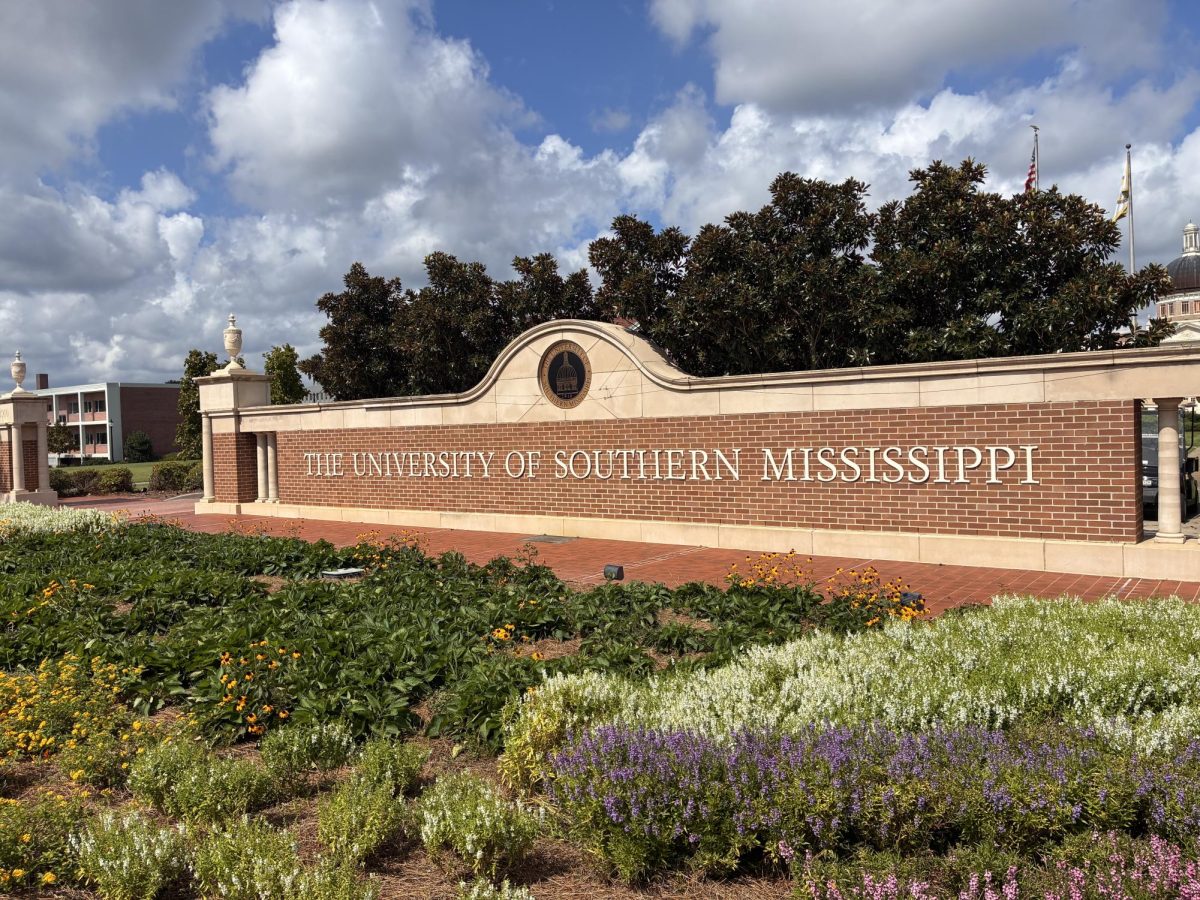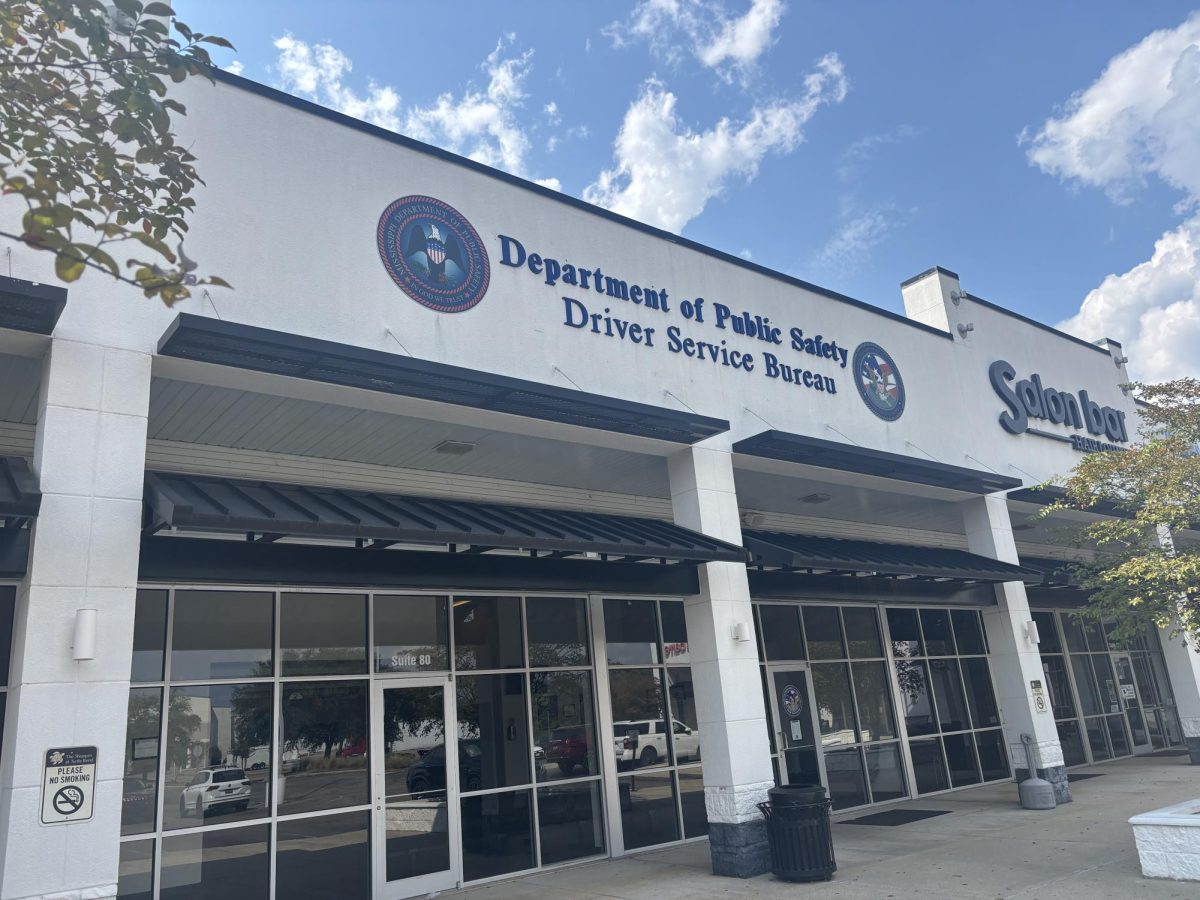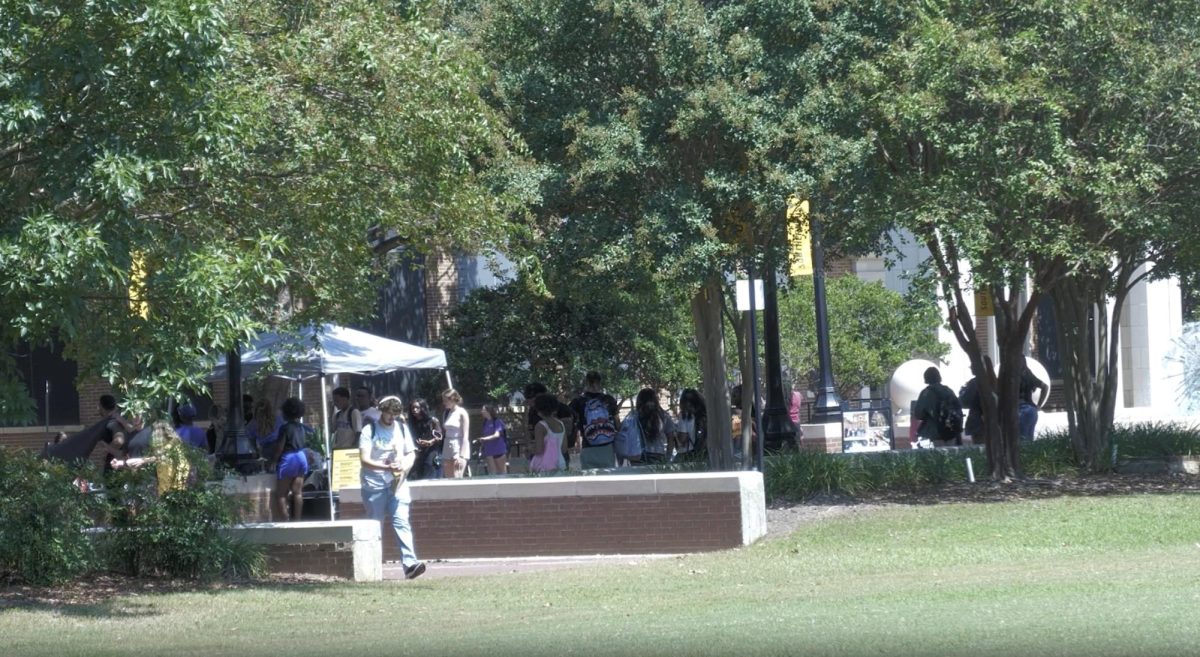On Monday, Nov. 20, the American Civil Liberties Union of Mississippi held a public education event entitled A Front Row Seat, a Discussion of Racism in Mississippi and America in light of controversial comments from Senator Cindy Hyde-Smith.
Jennifer Riley-Collins prefaced the event by reminding the crowd of Hyde-Smith’s statements about public hangings and voter suppression.
Hyde-Smith said that she was simply using “an exaggerated expression of regard, and any attempt to turn this into a negative connotation is ridiculous,” but Riley-Collins made it clear that she finds the statements abhorrent, and that they are reflections of a more oppressive message.
“Senator Cindy Hyde-Smith’s words, we know, are code words, and they do not hide the fact that she meant lynching and that she meant African American students at historically black colleges and universities. We understand that words matter, that race matters,” Riley-Collins said.
Riley-Collins said the ACLU was not hosting this event as a response to those statements, but rather as an opportunity to educate about how much racism has affected the history of both Mississippi and the United States as a whole.
“Tonight’s event is not political activity,” she said. “This is not a partisan ploy. Tonight’s event is public education. Tonight is not about a condemnation nor endorsement of any candidate. The ACLU does not endorse or oppose candidates.”
Hyde-Smith was invited to the event by the ACLU and even had a seat that was reserved for her on the front row, but she did not attend.
The event featured both Flonzie Brown Wright, a veteran of the civil rights movement, and Jeff Robinson, the ACLU deputy legal director, who spoke about a history of racism and deep-rooted racial bias within the culture of America as a whole as well as that of Mississippi.
A wide range of examples were discussed, from a history of racially-based hate crimes in Mississippi to a lesser-known third verse of the American national anthem that reflects the deep racial bias that existed at the time it was written.
Many audience members said it was refreshing to have an open discussion of these controversial issues, but also that sparking a dialogue is only the first step in progress.
“I need affirmation that there isn’t such a strong racial divide, that people can support things or be against them regardless of race,” one attendee said. “It’s good to be having discussions like this, but it’s not enough to just pray for change, you have to pray with action.”
Riley-Collins said she hoped Hyde-Smith will learn from the backlash.
“The hope is that the senator will take the proverbial foot out of her mouth and stop making such ignorant comments, but the ACLU has been around for a long time–over 50 years–and there is more action that needs to be taken. We’ll be there to take it,” Riley-Collins said.
Jeff Robinson also maintained the idea that comments such as those made by the senator were egregious and unacceptable in the modern political climate, but also welcomed the idea of her engaging in a dialogue around her statements.
“She has a First Amendment right to say anything that she wants, so I would welcome any reaction that she has [to this event],” Robinson said, “I would love to engage with her and simply say to her ‘I want you to stop and take all the time you want and tell me how a reference to a public lynching in the state of Mississippi is funny. I want you to tell me how the suppression of votes in the state of Mississippi is a joke.”























